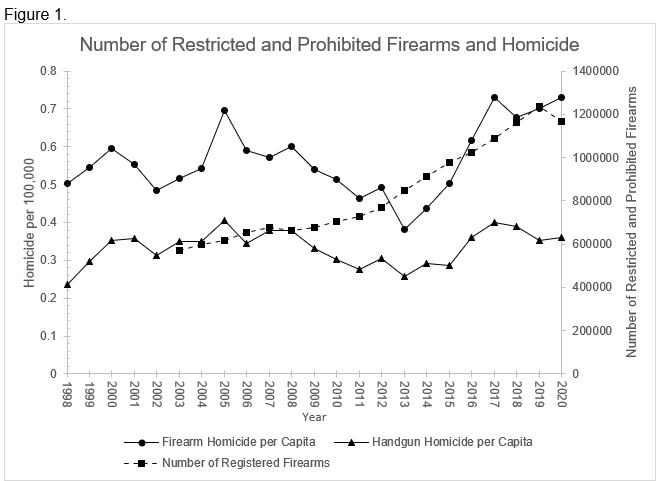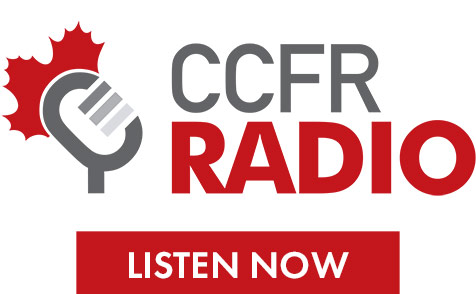Handguns in Canada - The Data
Is there a correlation between the increase in legal handgun ownership and homicide?
A Review of the Data
October 18, 2022
Since 2003, Canada has kept accurate counts of the number of registered firearms, and handguns are all in the restricted and prohibited category.
As well since 2003, the number of restricted and prohibited firearms has doubled from 572,325 to 1,165,114 firearms, while the rate of homicide by handgun has remained relatively constant (Figure 1).

Statistical regression analysis reveals no associated increased in handgun homicide with the increase in the number of registered restricted and prohibited firearms (Table 1). Nor is there an increase in overall firearms homicide (Table 2).

This is important because with such an increase, if prevalence of handguns was associated with an increase in homicide, one would expect homicide rates to also increase.
This suggests that legally owned firearms are not linked with homicide rates.

Arguments for placing strict controls on handguns appear to be related to prevalence reduction in the hope that if handguns are difficult to obtain there will be an associated reduction in homicide. However, this argument may mistakenly view all handguns as the same item, whereas legally owned handguns and handguns on the black market may have much different risk of associated harm.
In fact, in Ontario, Canada, where handguns are very difficult to legally acquire, it appears that 85% of handguns involved in criminal activity were not obtained legally in Canada but rather from outside the country and most often from the United States.
Hence, controlling domestically legally owned handguns may in fact result in no additional or measurable benefit. In addition, licensed firearms owners in Canada are half as likely to commit homicide with a firearm than an average Canadian.
Via Dr. Caillin Langmann
Download the PDF
Handgun-homicide-data-Canadahttps://firearmrights.ca/wp-content/uploads/2022/10/Handgun-homicide-data-Canada.pdf

